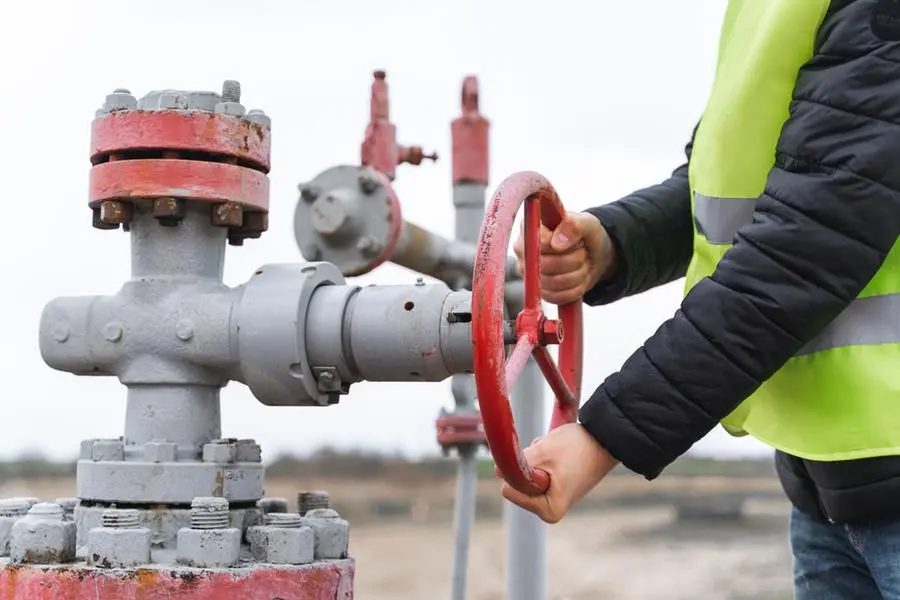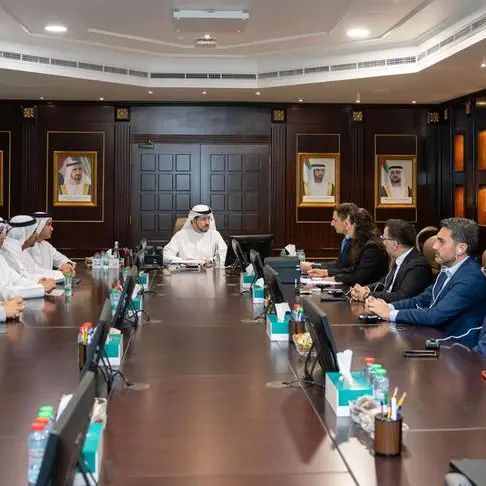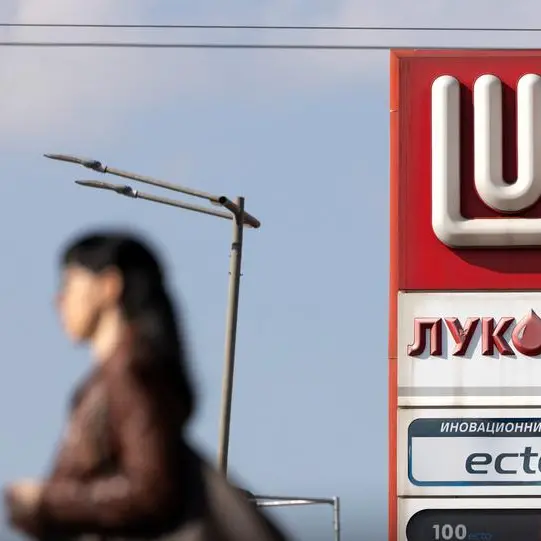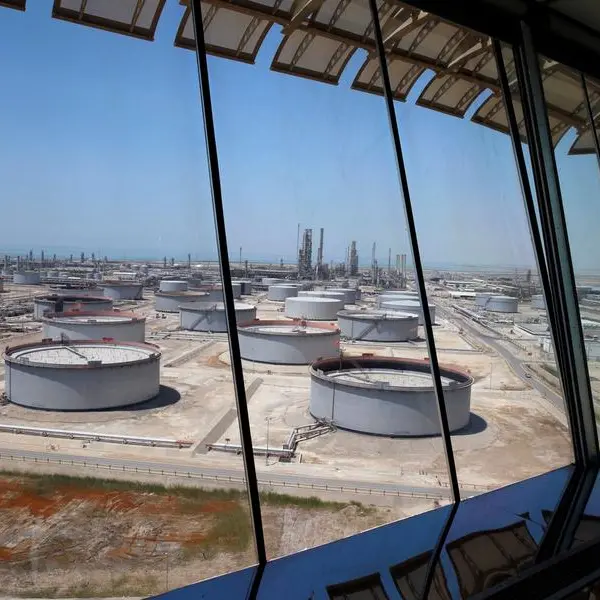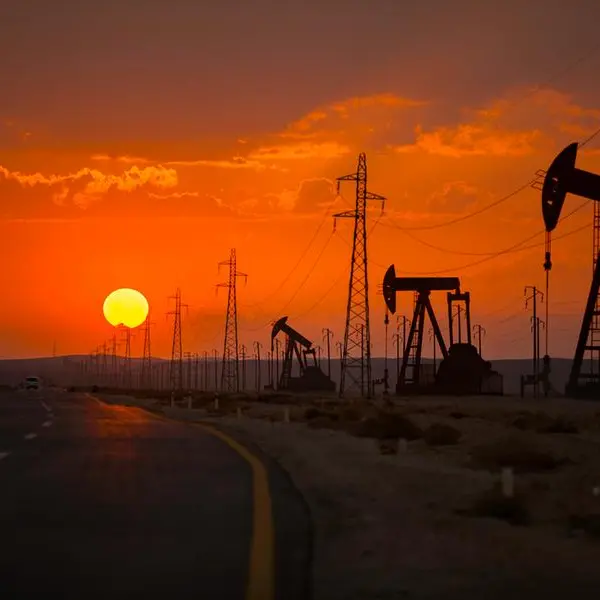PHOTO
Masdar, the UAE’s clean energy powerhouse, has teamed up with Inpex, a leading Japanese energy company, to explore establishing an Abu Dhabi-based project to produce e-methane, a fuel source, using green hydrogen and carbon dioxide.
The agreement was signed during the Japan-UAE Business Forum, in Abu Dhabi, and witnessed by Sheikh Hamed bin Zayed Al Nahyan, Member of the Abu Dhabi Executive Council, and Japan’s Prime Minister, HE Fumio Kishida. E-methane, or synthetic methane, has the potential to accelerate decarbonisation in hard-to-abate sectors such as industry.
Masdar and Inpex will carry out a feasibility study focused on the entire value chain. This includes hydrogen production, procurement of CO2 and e-methane production and transportation.
The study will also evaluate the commercial viability of operating a methanation business in Abu Dhabi, with a view to exporting the e-methane to Japan. It will also look at the project’s impact on emissions reductions.
Masdar’s CEO, Mohamed Jameel Al Ramahi, said, “We are proud to be working with our Japanese partners to advance clean energy solutions. Today’s development opens an exciting new chapter for Masdar as we explore how to unlock the full potential of green hydrogen to produce fuel for homes and businesses. Ahead of the UAE hosting COP28, Masdar will continue to build upon strong alliances with our Japanese partners as we advance the global energy transition.”
Inpex President & CEO Takayuki Ueda, said, “We position carbon recycling and methanation as one of our five net zero businesses, and this joint initiative with Masdar to explore the production of clean e-methane is fully aligned with our decarbonization efforts as well as our long-term commitment to Abu Dhabi, which is one of our core business areas. We hope to leverage this opportunity to provide added value for our stakeholders in Japan and the UAE, while helping realise a net-zero society by 2050.”
E-methane does not impose special fuel conversion requirements upon consumers and can be accessed widely via countries’ existing gas infrastructure. This means it has the potential to accelerate decarbonisation without significantly increasing costs.
Copyright 2022 Al Hilal Publishing and Marketing Group Provided by SyndiGate Media Inc. (Syndigate.info).
